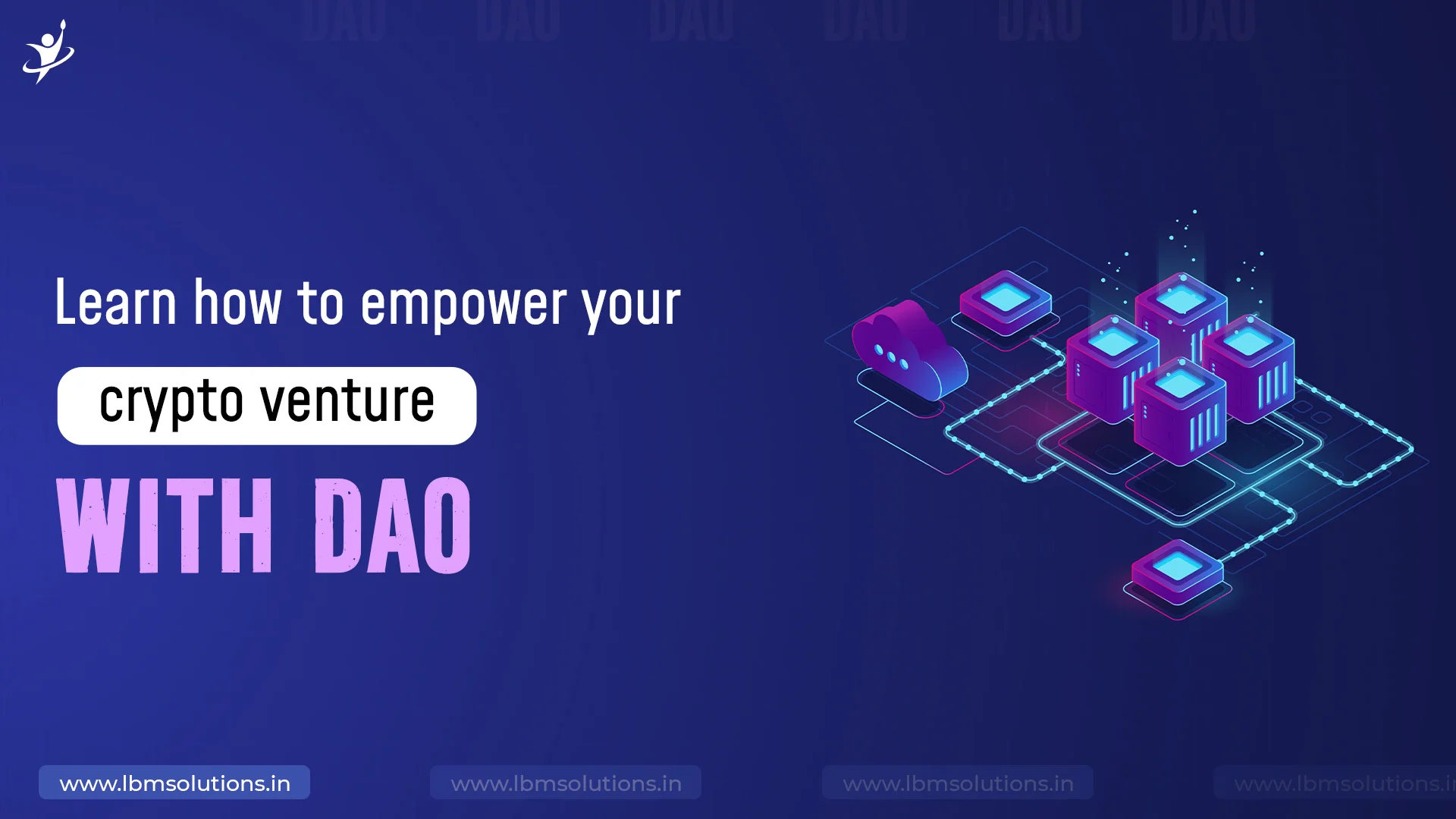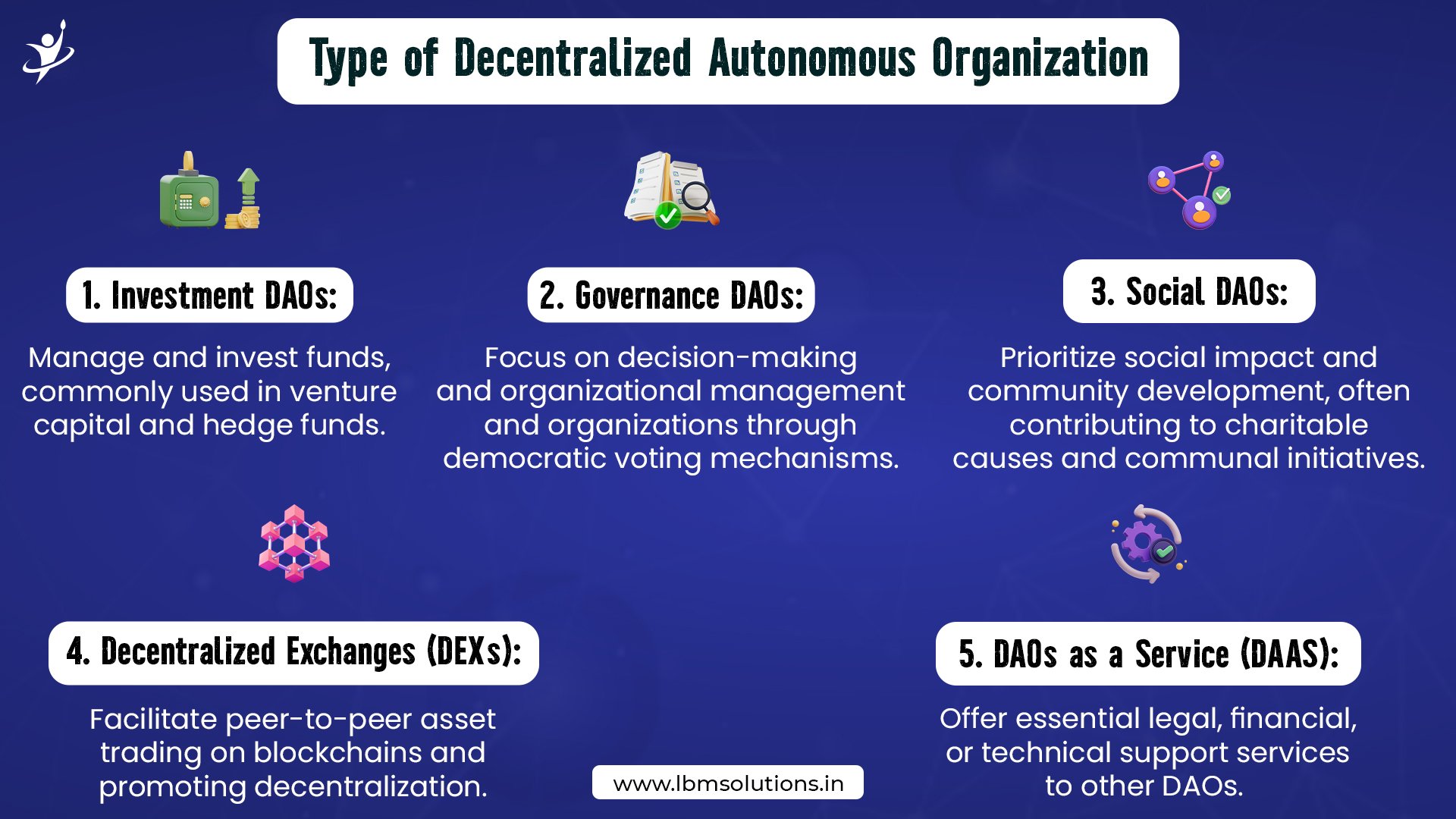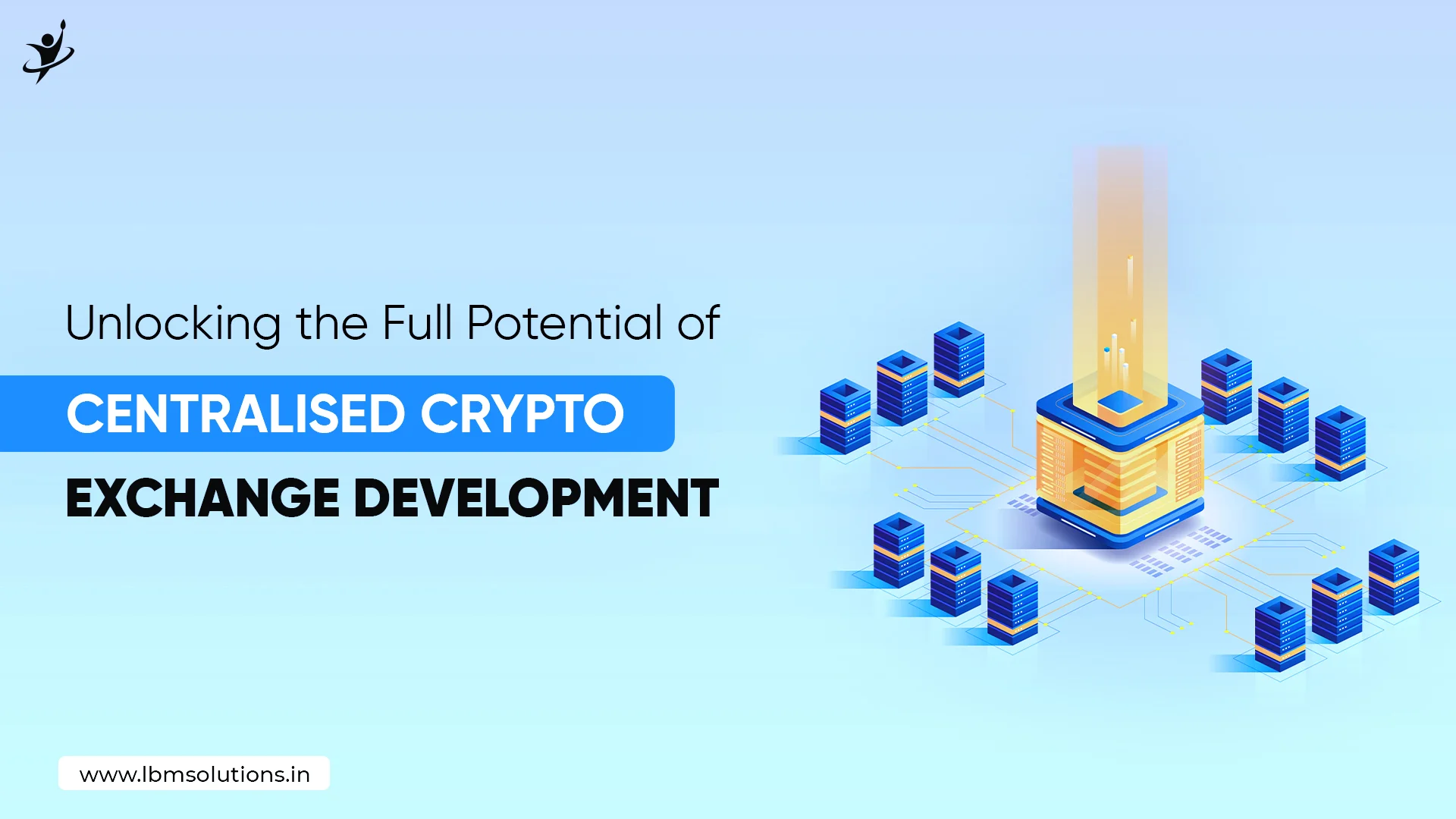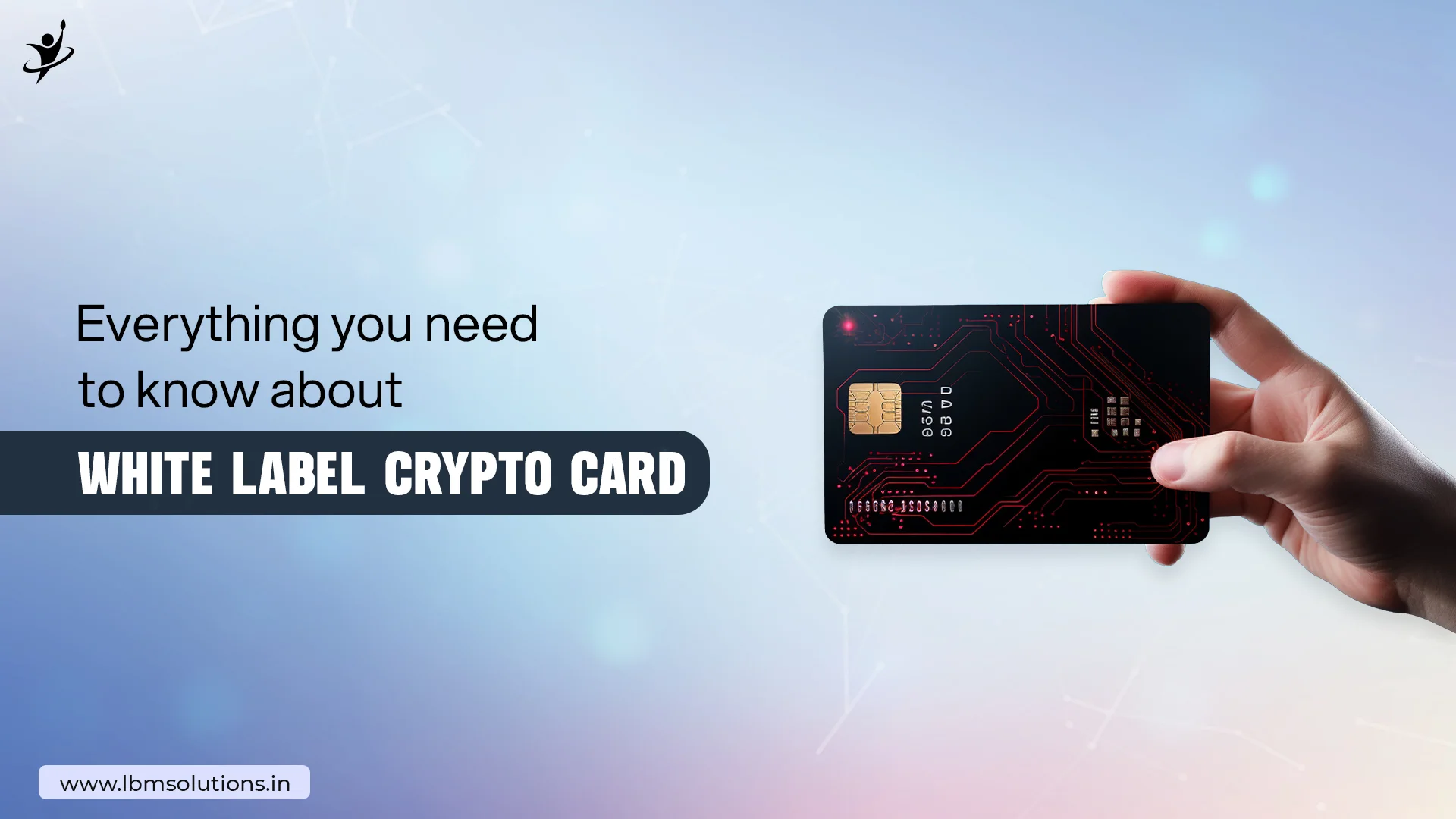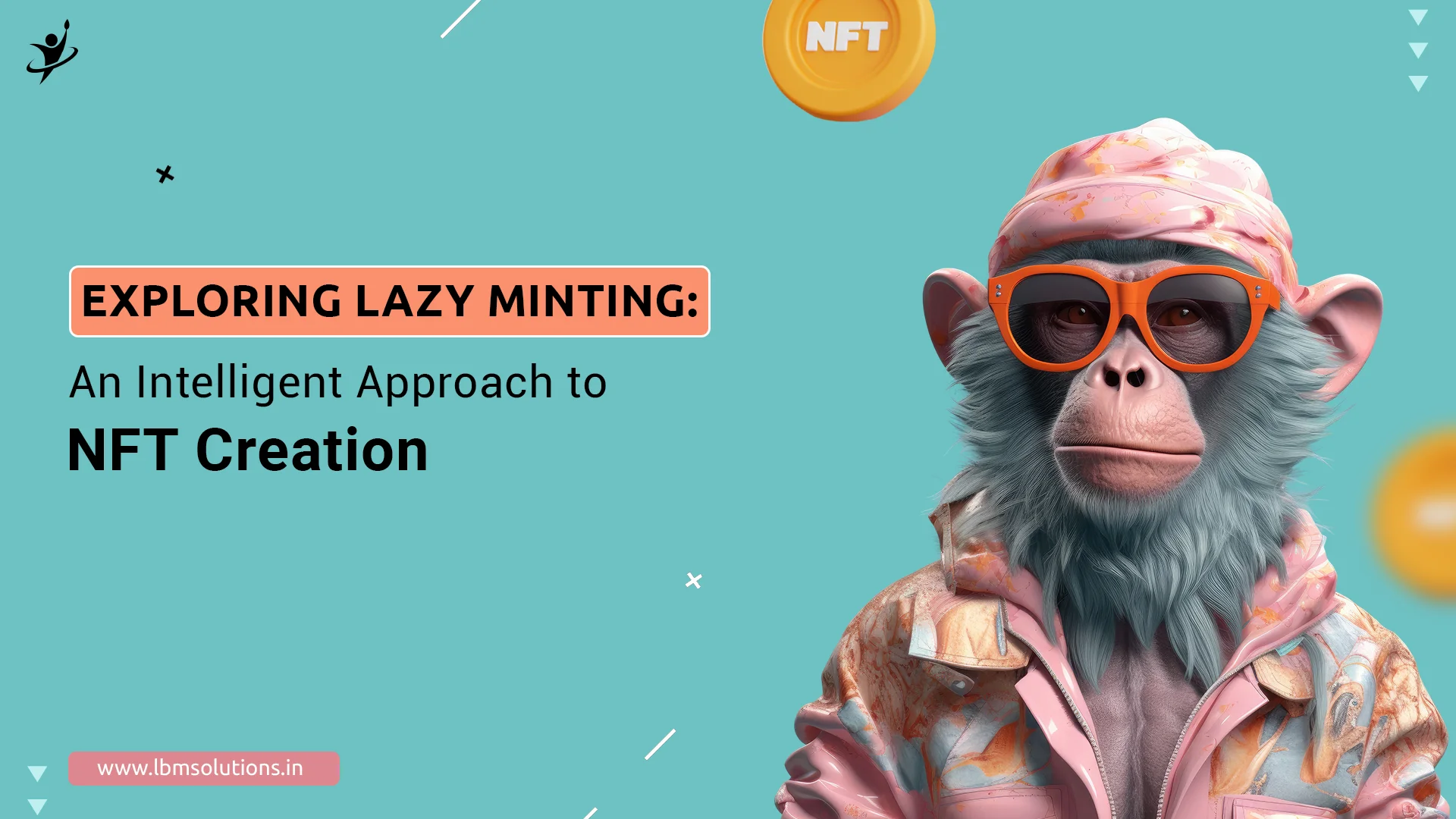The landscape of work culture is experiencing a profound transformation, prompting individuals to seek innovative avenues to shape their professional paths. The conventional employment structure may witness a shift as people explore alternatives beyond the traditional corporate setup. Instead of aligning with standard companies, individuals can opt for more autonomous work styles, engaging in voluntary pursuits such as crafting NFTs, sharing expertise, gaming, or investing.
Embracing this decentralized work model entails a significant departure from reliance on organizations, enabling individuals to establish self-sufficiency in their careers. Operating within this framework allows for self-reliance, liberated from organizational constraints, especially in ecosystems facilitated by blockchain technology that guarantees transparency in every action. Assistance from an experienced blockchain development company can be a great help to initiate the process.
This dynamic work environment offers a competitive edge, transcending the traditional notion of ‘work-to-earn.’ Future work ecosystems promise viable income streams through voluntary contributions. The potential within this decentralized setup is boundless.
To make these practices widespread, the integration of Decentralized Autonomous Organizations (DAOs) becomes crucial. These entities orchestrate and oversee individual actions, unlocking numerous opportunities for career growth and earnings. DAOs, utilizing blockchain-powered smart contracts, represent an advanced framework shaping the future of work.
What is Decentralized Autonomous Organization (DAO)?
A Decentralized Autonomous Organization (DAO) is a digital entity orchestrated through smart contracts within a blockchain network. It operates independently, devoid of central authority, relying on the collective decisions of its members, usually token holders, to steer its course. DAOs serve various functions, such as managing funds, orchestrating voting mechanisms, and coordinating decentralized projects. These setups are envisioned as vehicles for establishing transparent, democratic organizations beyond the control of any single entity.
The concept took shape alongside blockchain technology, with the inaugural DAO, “The DAO,” materializing on Ethereum in 2016. As a decentralized venture capital fund, it empowered members to collectively decide on fund investments. The DAO’s groundbreaking crowdfunding campaign amassed over $150 million, marking a milestone on the Ethereum blockchain.
DAOs signify a stride toward decentralized, fairer societies, allowing communities autonomy in governance and decision-making a centralized authority. However, the developing concept necessitates solutions for enhancing robustness, security, and user accessibility.
While legal standing remains a topic of debate within legal circles, many perceive DAOs as falling under conventional corporate law. Governance is decentralized, governed by smart contracts and the voting power of DAO governance token holders, characterizing this model’s uniqueness.
How Does DAO’s Work?
Understanding the mechanics behind a DAO is imperative. Talking to a professional DAO blockchain development company sheds light on its operational intricacies beyond the basics. At its core, a DAO functions primarily by overseeing and managing assets, particularly cryptocurrencies, on behalf of its participants. These assets find their haven within a smart contract, a DAO blockchain development program designed to execute predefined actions autonomously. This smart contract essentially serves as the DAO’s nerve center, regulating fund flow and implementing decisions sanctioned by its members.
Becoming a part of a DAO involves acquiring tokens that symbolize ownership stakes within the organization. These DAO governance tokens, operating within the same blockchain infrastructure as the DAO, confer voting rights to holders, wherein a greater token stake equates to more sway in decision-making processes.
Immutable rules govern the DAO via the smart contract, necessitating member consensus for any alterations. The transparency and accountability of the organization remain integral, with all actions and decisions traceable on the DAO blockchain development for public scrutiny, bolstering trust and transparency within the DAO’s operations.
How DAO Will Prove Advantageous in 2024?
Decentralized Autonomous Organizations (DAOs) carry profound significance, primarily rooted in their facilitation of a transparent and equitable governance system. Unlike traditional structures reliant on a select few or central authority for decision-making, DAOs empower all members to participate in collective decision-making, ensuring an egalitarian approach in steering the organization’s course.
Moreover, DAOs exhibit potential for enhanced efficiency and cost-effectiveness compared to traditional setups. Leveraging smart contracts and decentralized decision-making streamlines the DAO platform development process, reducing dependence on intermediaries and accelerating decision-making processes, potentially leading to reduced expenses.
Beyond governance, DAOs are actively shaping innovative value creation and collaboration in the contemporary landscape. They serve as catalysts for decentralized communities, allowing individuals to converge around shared objectives without the need for centralized leadership. Presently, this framework is driving novel fundraising avenues such as initial coin offerings (ICOs) or token sales, which have contributed to raising billions of dollars for various projects globally. For instance, in the last year alone, ICOs raised an estimated $5 billion, showcasing the substantial financial influence of decentralized fundraising methods. This evolving ecosystem demonstrates the transformative potential of DAOs, fostering an environment ripe for groundbreaking initiatives and disruptive advancements.
DAOs herald a transformative approach to governance, decision-making, and value generation. They epitomize transparency, fairness, and efficiency and hold the potential to unleash unprecedented forms of collaboration and value creation. As blockchain and smart contract technologies advance, DAOs are poised to ascend as a pivotal cornerstone within the digital landscape.
Types of DAO’s
Various types of DAOs exhibit distinct traits and serve specific purposes within their operational domains. Advocated by a renowned DAO development company, here is an in-depth explanation of each type:
- Investment DAOs: Focuses on managing and investing funds, commonly utilized in venture capital and hedge funds. These DAOs operate on blockchain platforms like Ethereum, EOS, and TRON, leveraging decentralized networks for their functionalities.
- Decentralized Exchanges (DEXs): Facilitates peer-to-peer asset trading on blockchains, eliminating the need for centralized intermediaries and bolstering security and decentralization compared to traditional exchanges.
- Governance DAOs: Centers on decision-making and organizational management. They play pivotal roles in directing projects, protocols, or organizations through democratic voting mechanisms among their members.
- Social DAOs: Prioritizes social impact and community development, often channeled into charitable causes and communal initiatives.
- DAOs as a Service (DAAS): Caters to other DAOs by offering essential legal, financial, or technical support services with the assistance of a DAO blockchain development company (if required). These entities are especially beneficial for fledgling projects lacking internal resources.
Additionally, DAOs can be classified based on their decentralization and technical implementation degree, distinguishing factors like on-chain vs. off-chain operations or reliance on smart contracts versus non-smart contract-based systems. These classifications further delineate the diverse landscape of DAO development services and their functionalities.
Future of DAO with Blockchain Development Company
In recent times, the rise of successful DAOs such as TheDAO, Aragon, and MakerDAO has drawn significant attention to the potential of decentralized autonomous organizations. These trailblazing entities represent just the beginning of what could be an extensive evolution.
As DAO technology continues to progress and refine, a forthcoming wave of impactful and innovative DAOs is anticipated. Their capacity to interconnect individuals and entities across extensive networks holds the potential to reshape societal and professional collaborations profoundly.
These decentralized autonomous organizations symbolize more than just technological advancements; they embody the promise of a potential paradigm shift in our collective dynamics. They serve as heralds of a future where the fabric of our coexistence and collaboration undergoes transformative redefinition.
The trajectory of DAO evolution hints at promising possibilities that could revolutionize how we live, work, and interact within our communities and industries.
DAO token development involves meticulous steps that pave the way for their integration within the blockchain ecosystem. This insightful process involves:
Step 1: Defining Token Features
Begin by outlining the specific use case and essential characteristics of your crypto token, considering factors like total token supply, token name, logo, and decimal count. While basic tokens can be crafted using available tools, more intricate coins may require expert input from a proficient DAO development company.
Step 2: Crafting a Smart Contract
Develop a smart contract that governs the functionalities of your cryptocurrency token. Deliberate on various scenarios to ensure the contract attracts users to your DAO ecosystem, contributing to DAO platform development.
Step 3: Testing the Smart Contract
Thoroughly test your smart contract on trial blockchains to identify and rectify potential bugs, a critical step in DAO blockchain development.
Step 4: Deploying the Smart Contract
Deploying the smart contract is crucial. For a seamless deployment of your DAO token, engaging DAO development services from experienced blockchain development service providers is advisable. Validate all functionalities on a test network before the final launch.
Following these steps ensures the successful creation and implementation of DAO tokens within the blockchain network.
Conclusion
A DAO, or Decentralized Autonomous Organization, functions digitally via blockchain and smart contracts. Varieties include investment funds, exchanges, and community platforms. Their perks encompass transparency, immutability, and independence, yet drawbacks like susceptibility to hacking and regulatory gaps exist. Nevertheless, DAOs have emerged as pivotal in blockchain, fostering collaboration and self-governance without central intermediaries. The legal status remains uncertain while voting power aligns with the DAO governance token. As DAO technology advances, expect a surge in their creation and application across diverse industries, shaping a landscape driven by collaboration and decentralized governance.
